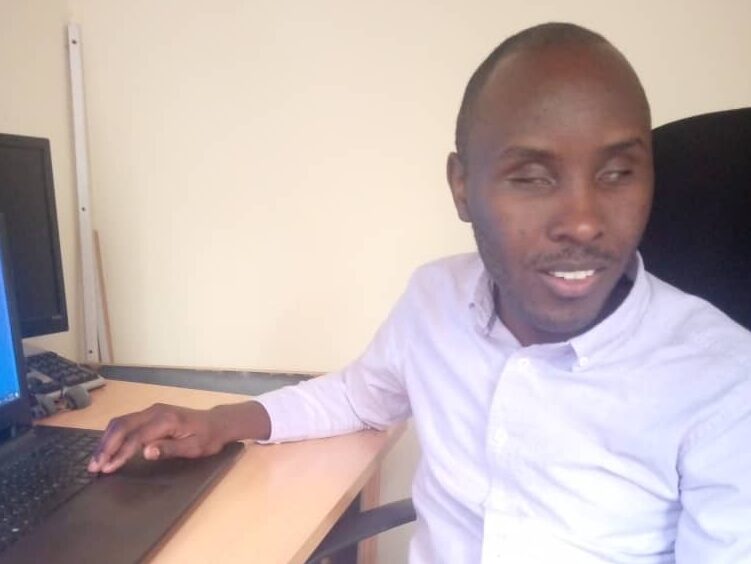
News
‘It was not an easy journey, but I made it’
Play audio version
Attorney Jean Claude Ngabonziza and His Work in Disability Rights in Rwanda
September 22, 2021
*** Content warning regarding genocide
KIGALI, Rwanda — Jean Claude Ngabonziza was only four years old when the 1994 Rwandan genocide began. Ngabonziza describes what he thinks he knew was happening at the start of the genocide. “… I could see that everyone was so worried,” he says. “My mother kept us in the house and was always praying and crying. They could not let us out to play, and my dad was no longer going to the fields. I was young, but I believe I was scared, too.”
After a period of hiding and trying to survive, Ngabonziza and his family were bombarded with grenades that left him with blindness. His mother, the only other surviving family member, enrolled him in HVP (Home of Virgin of the Poor), a school for children with disabilities in Gatagara, and later the Gahini Secondary School after the genocide.
Today, Jean Claude Ngabonziza is a lawyer working with UWEZO Youth Empowerment, an organization supporting youth with disabilities. UWEZO Youth Empowerment is under the umbrella cohort of the National Union of Disability Organizations of Rwanda. Since graduating from the School of Law at the University of Rwanda-Huye Campus with academic distinction, he has worked with many organizations, especially those supporting youth with disabilities. “It was not an easy journey but I made it,” Ngabonziza says. Since 2012, he has been a member of the Rwandan Union of the Blind, where he has been advocating for access to white canes for Rwandans with vision impairments.
Ngabonziza was born in 1990. Both his parents were farmers. He was raised in Kigali, in the Gasabo District and Ndera Sector. He says his family had a lot of expectations for him as their firstborn and only son in his nuclear family. He is grateful to his mother, especially for the role she played in his educational journey. Ngabonziza says, “If it was not for my mother who, instead of keeping me in the backyard, chose to take me to school, which was not an easy task for her with all the difficulties and poverty that was there after the [genocide]. She was having her own problems of trauma and post-war issues of losing her husband and family, but she fought for her son. I cannot thank her enough.”
When asked what makes him thrive, he says, “I do not limit myself. I try everything that I can do, put in more work than others. I make sure that I am satisfied with my work, which is not an easy task to achieve.”
Rose Umutesi is a 2021 DJP Fellow and chairperson of the National Organization of Users and Survivors of Psychiatry in Rwanda (NOUSPR) and co-founder and treasurer of its umbrella organization, the National Union of Disabilities Organizations of Rwanda (NUDOR). @2021 NOUSPR. All rights reserved.
News From the Global Frontlines of Disability Justice
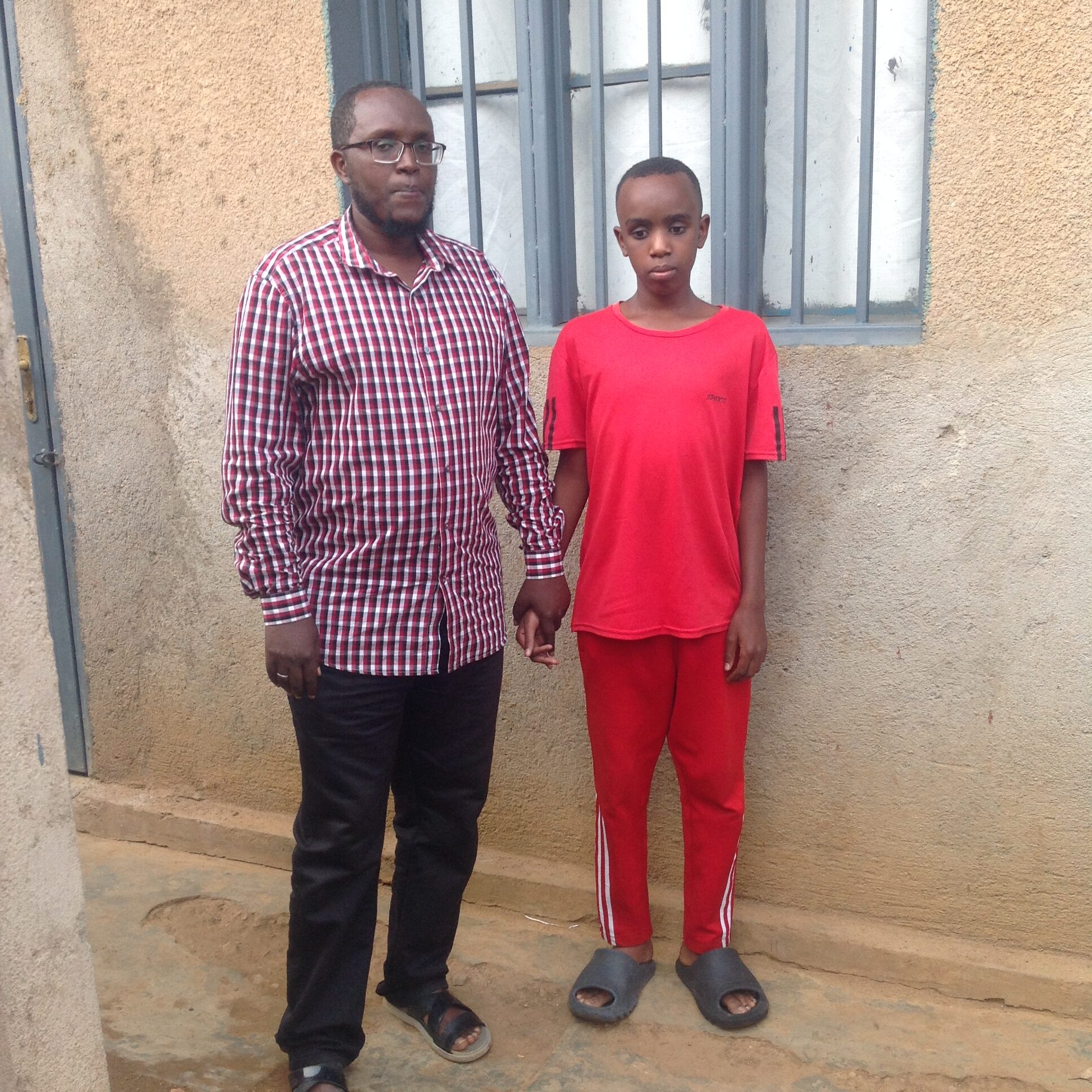
‘I Just Want to Walk Alone’
Fourteen-year-old Saifi Qudra relies on others to move safely through his day. Like many blind children in Rwanda, he has never had a white cane. His father, Mussah Habineza, escorts him everywhere. “He wants to walk like other children,” Habineza says, “He wants to be free.” Across Rwanda, the absence of white canes limits children’s mobility, confidence, and opportunity. For families, it also shapes daily routines, futures, and the boundaries of independence.
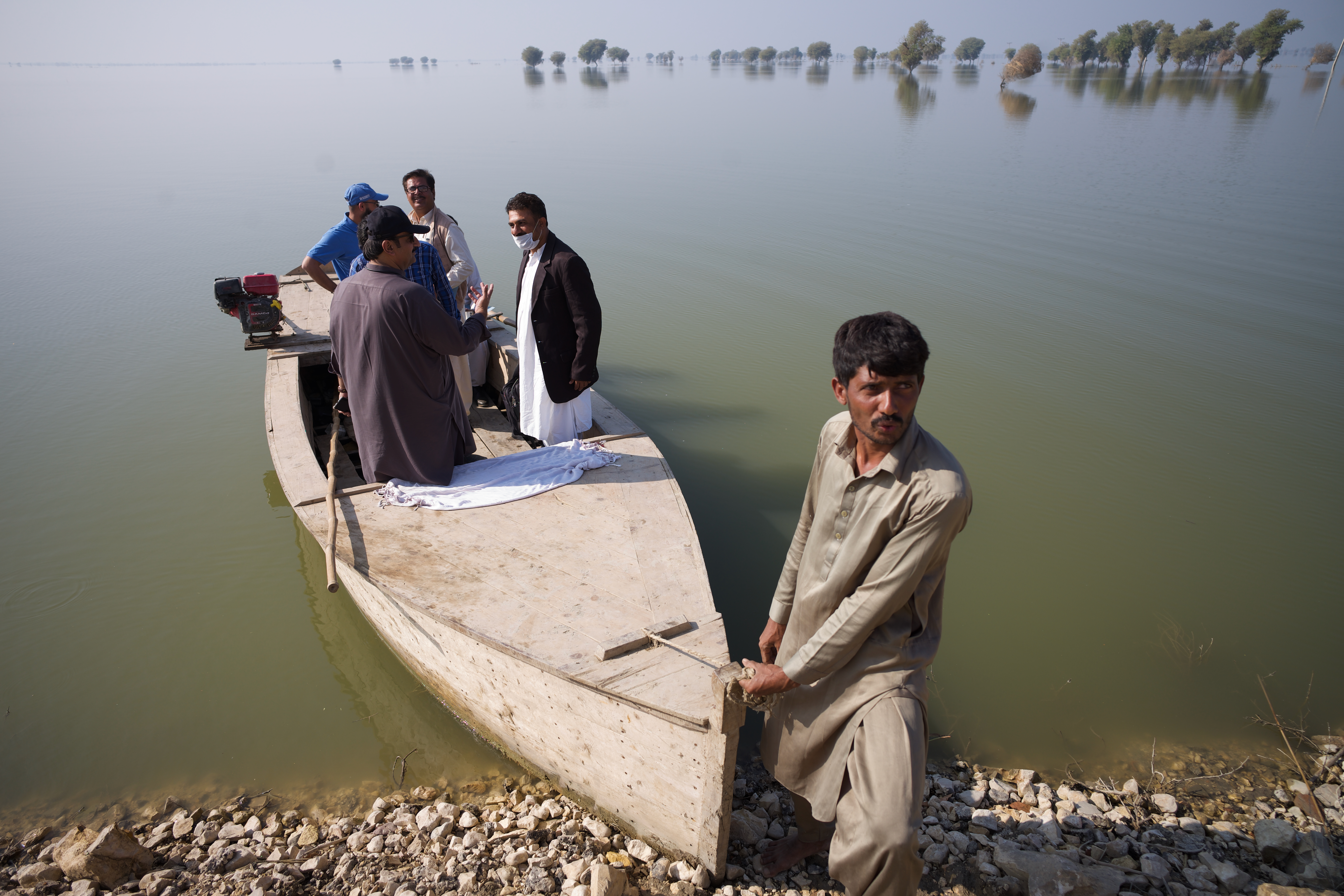
‘Evacuation Routes Are Meant for People Who Can Run’
As climate change and conflict intensify across Pakistan, emergency systems continue to exclude people with disabilities. Warning messages, evacuation routes, and shelters are often inaccessible, leaving many without critical information when floods or violence erupt. “Evacuation routes are built for people who can run,” Deaf author and policy advocate Kashaf Alvi says, “and information is broadcast in ways that a significant population cannot access.”
Read more about ‘Evacuation Routes Are Meant for People Who Can Run’
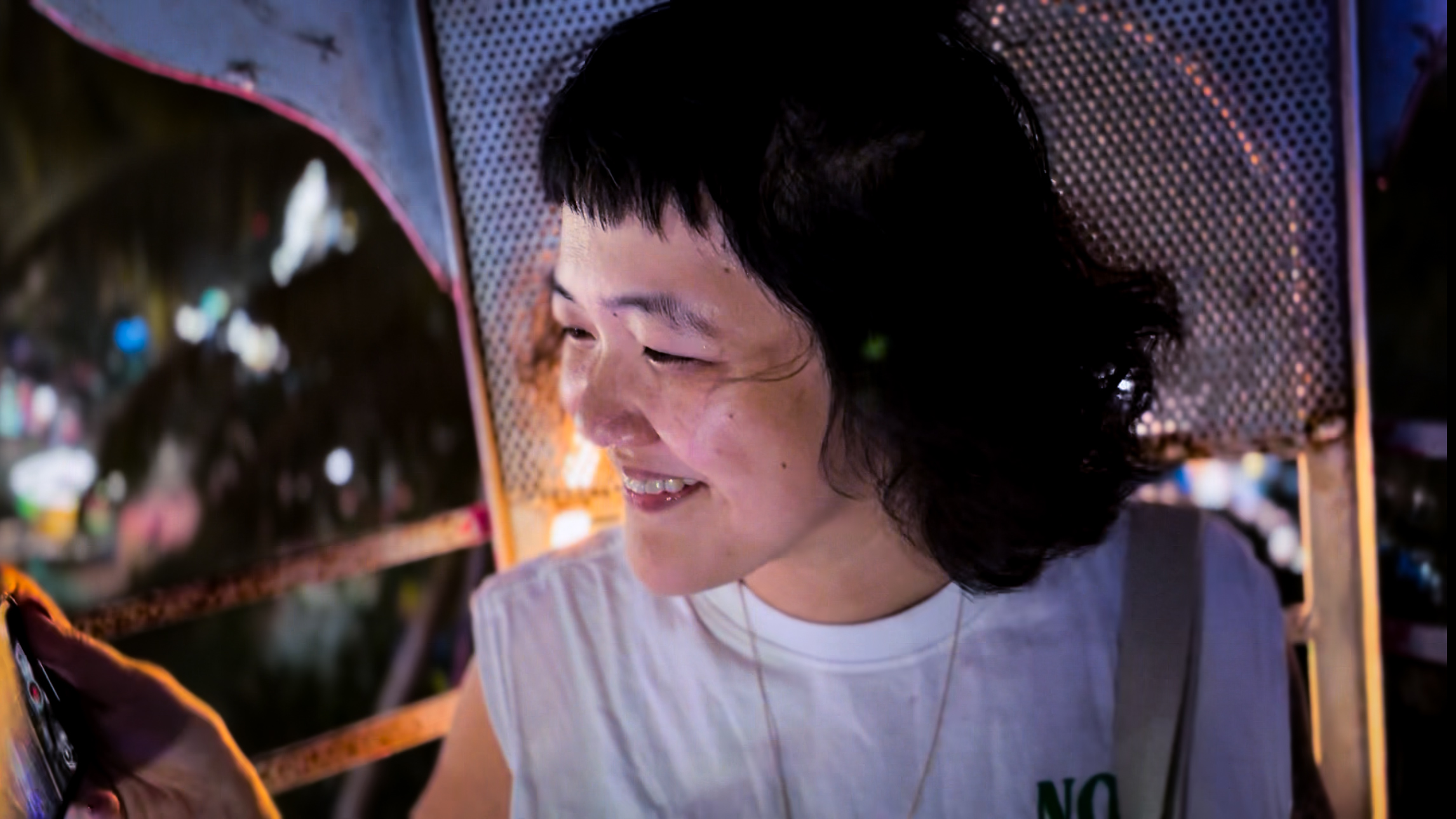
Autism, Reframed
Late in life, Malaysian filmmaker Beatrice Leong learned she was autistic and began reckoning with decades of misdiagnosis, harm, and erasure. What started as interviews with other late-diagnosed women became a decision to tell her own story, on her own terms. In The Myth of Monsters, Leong reframes autism through lived experience, using filmmaking as an act of self-definition and political refusal.
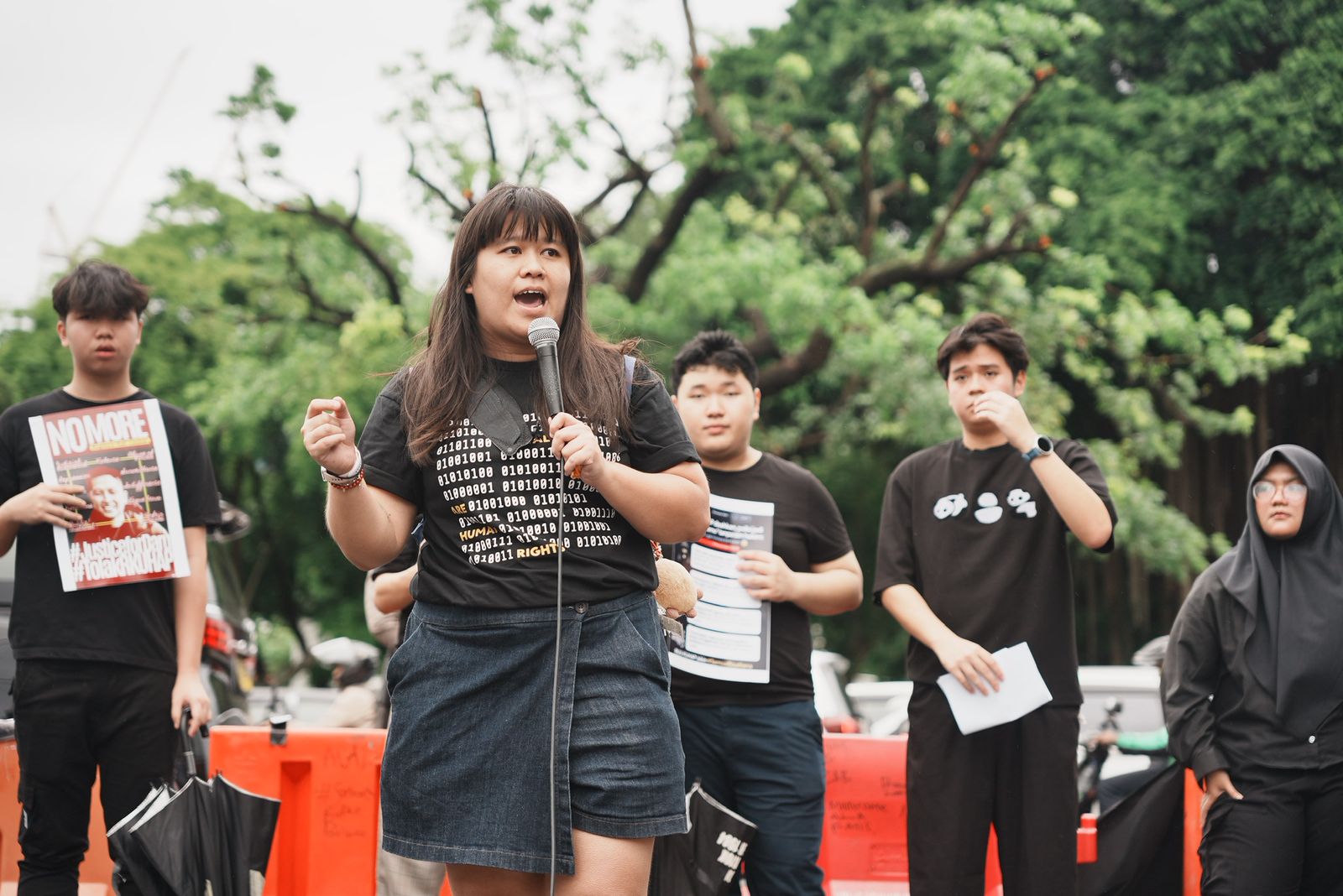
Disability and Due Process
As Indonesia overhauls its criminal code, disability rights advocates say long-standing barriers are being reinforced rather than removed. Nena Hutahaean, a lawyer and activist, warns the new code treats disability through a charitable lens rather than as a matter of rights. “Persons with disabilities aren’t supported to be independent and empowered,” she says. “… They’re considered incapable.”

Disability in a Time of War
Ukraine’s long-standing system of institutionalizing children with disabilities has only worsened under the pressures of war. While some facilities received funding to rebuild, children with the highest support needs were left in overcrowded, understaffed institutions where neglect deepened as the conflict escalated. “The war brought incredibly immediate, visceral dangers for this population,” says DRI’s Eric Rosenthal. “Once the war hit, they were immediately left behind.”
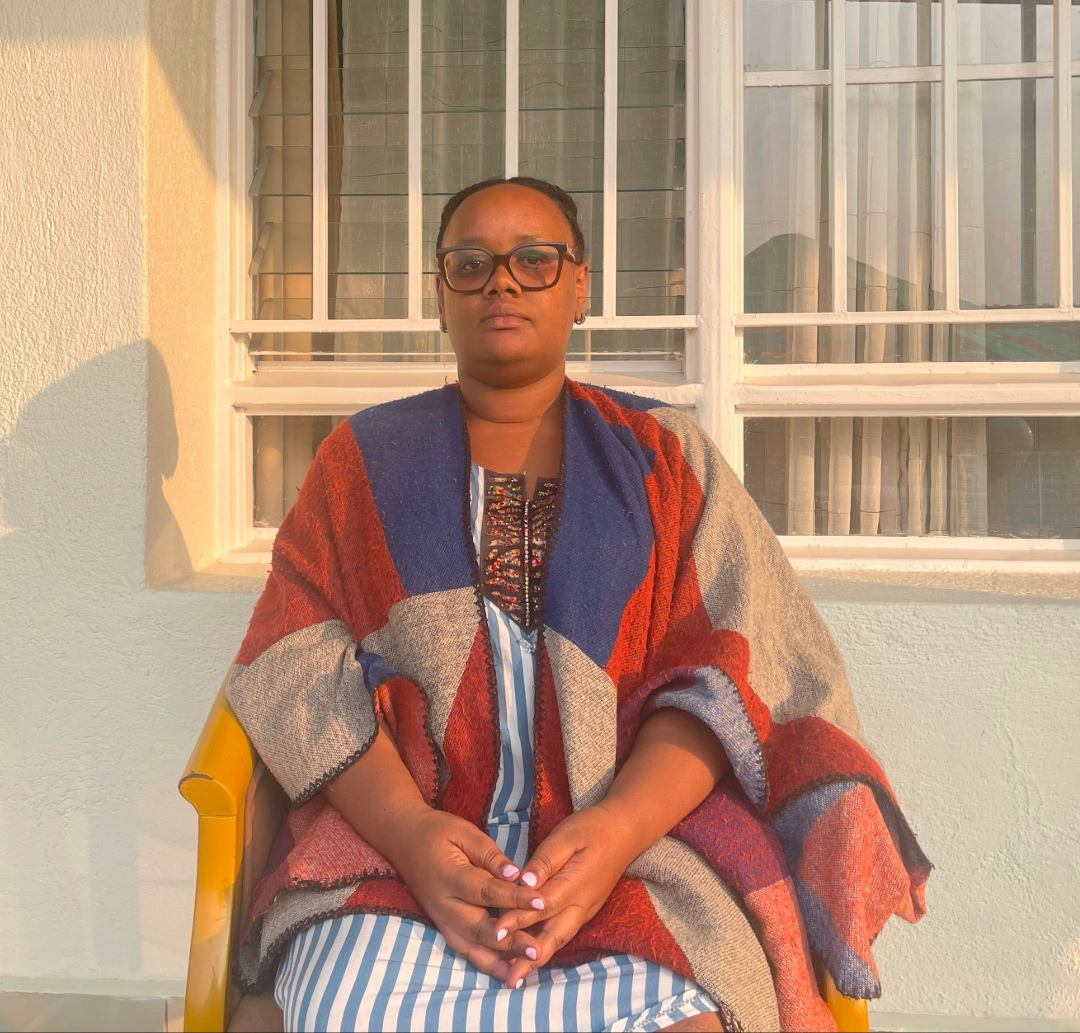
The Language Gap
More than a year after the launch of Rwanda’s Sign Language Dictionary, Deaf communities are still waiting for the government to make it official. Without Cabinet recognition, communication in classrooms, hospitals, and courts remains inconsistent. “In the hospital, we still write down symptoms or point to pictures,” says Jannat Umuhoza. “If doctors used sign language from the dictionary, I would feel safe and understood.”